
The AIgorythm project

Playwright and actor
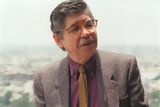
Novelist

Writer and poet

Volleyball player

Italian-Peruvian naturalist and geographer

Singer and percussionist

Last Inca emperor

Politician, former prime Minister

Journalist and TV host
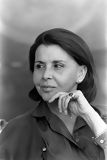
Poet

Inca warrior

Actor and comedian

Biophysicist

Poet

Doctor and researcher

Businessman, Interbank group

Journalist and writer
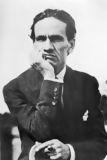
Poet and writer

Singer and songwriter
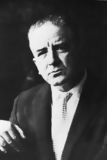
Writer

Film director, Berlin Golden Bear winner

Football player
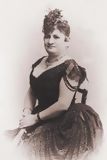
Writer and journalist
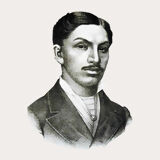
Doctor and scientist

Photograph

Chess player

Industrialist
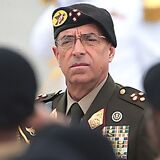
Former general

Specialist in public health

Actress and singer

Afro-Peruvian music singer

Mathematician and engineer

Indigenous chronicler

Neurologist and anthropologist

Painter

Football player
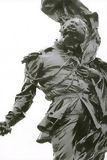
National hero, military leader

Intellectual and reformer

Chef and entrepreneur

Fashion designer

Singer-songwriter

TV presenter

Marathon runner

Indigenous Peruvian chronicler

Theologian

Former national team captain

Economist and former health minister

Inca princess

Writer and television host

Folk musician

Poet and guerrilla
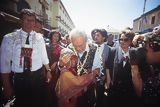
Former UN secretary-general

Chef, known for fusion cuisine

Football player

Peruvian aviation pioneer

Poet and artist
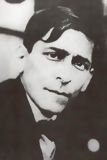
Marxist philosopher and writer

Industrialist and businessman
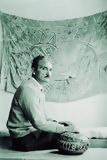
Novelist and ethnologist

Painter and muralist

Opera tenor

Fashion designer

Cardinal of Lima

Peruvian tennis player

Football coach

Leader of the indigenous rebellion
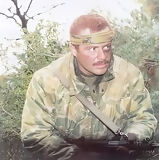
Military hero

Latin singer
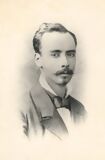
War of the Pacific hero

The youngest mother in history

Politician
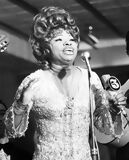
Creole music singer

Tennis player
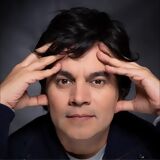
Musician

Writer and politician

Politician and founder of the Christian Democratic Party

Founder of Sodalitium Christianae Vitae

Archaeologist and anthropologist
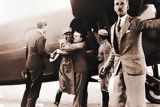
Military leader and politician

Television host

Actress and singer

Contemporary sculptor

Women’s rights activist

Beauty queen

Astrophysicist

Heroine of independence

Mathematician and archaeologist

Historian and anthropologist
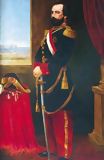
Military figure and historical figure

Fashion photographer
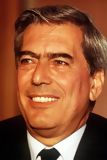
Writer, Nobel Prize in Literature, Politician

Revolutionary leader

Environmental activist

Leader of the indigenous rebellion

Musician from Gaia band
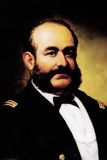
War hero
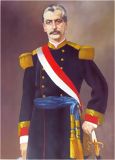
Military leader and politician

Chef, known for Nikkei cuisine

Volleyball coach and former player

Environmental activist

Television personality

Writer
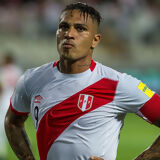
Football player

Epidemiologist and former health Minister

Inventor and aerospace pioneer

Soldier and inventor

Rock singer

Chef and co-owner of Central restaurant

Painter

Football player

TV presenter and actress
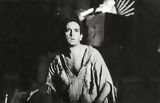
Actor
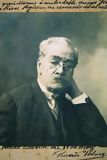
Writer and historian

Journalist and lawyer

Archaeologist, founder of Caral site
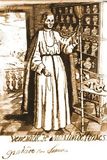
Monk and Saint
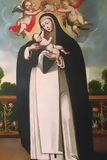
Saint, patron of Latin America

Physicist and engineer

World champion surfer

Actress

Oncologist

Singer, Latin Grammy winner

Former mayor of Lima

Singer

Actress

Former football player

Painter
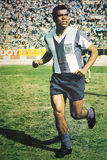
Former football player

Painter

Inca leader

Archbishop, saint
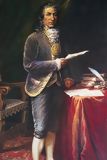
Leader of the indigenous rebellion

Revolutionary indigenous leader

Diplomat and intellectual

Sculptor and painter
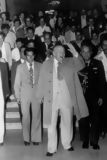
Political leader, founder of APRA

Lawyer and Former prime minister

Chef of Central restaurant

Former head of secret services

Popular singer

Fashion designer

Exotic music singer
Natalia Málaga, born on January 26, 1964, in Lima, is an iconic figure in Peruvian sports. A former volleyball player turned coach, she is widely recognized for her incredible playing career and her pivotal role in promoting women's volleyball in Peru. Málaga is an inspiration to many generations of athletes in Peru and Latin America, not only for her talent on the court but also for her charisma, dedication, and commitment to developing the sport.
Natalia Málaga grew up in a sports-oriented family, which fueled her love for sports from an early age. Her father, Mario Málaga, was a passionate amateur athlete, and her mother, Luisa Dibos, encouraged her daughter's career. At the age of 10, Natalia began playing volleyball, a sport that quickly became her passion and destiny. She was soon recognized as a prodigy due to her natural talent and fierce determination.
By the age of 14, she had joined the Peruvian national volleyball team, making her international debut at the 1979 Pan American Games. Málaga quickly established herself as one of the best young players, showing exceptional skills in both attack and defense. Her fighting spirit, will to win, and attitude on the court earned her recognition, making her a central figure on the team.
The 1980s were a golden era for Peruvian volleyball, thanks in large part to players like Natalia Málaga. Under the leadership of coach Man Bok Park, the Peruvian women's national volleyball team reached unprecedented heights in the sport's history in Peru. Málaga, with her determination and leadership on the court, played a key role in the team's successes.
The most memorable moment of this period was the 1988 Seoul Olympics. The Peruvian team made a historic run to the final, where they faced the Soviet Union. It was an epic match, with Peru fighting fiercely but narrowly losing in five sets (3-2). Despite the defeat, the silver medal remains one of Peru's greatest sporting achievements, and Natalia Málaga was praised for her crucial role in this accomplishment.
In addition to the Olympics, Málaga participated in multiple world championships and Pan American tournaments, helping to solidify the Peruvian team's reputation as one of the world's best during that era. Her tenacity, dynamic playing style, and natural leadership earned her the respect of not only her teammates but also her opponents and volleyball fans worldwide.
After retiring as a player, Natalia Málaga remained closely involved with volleyball. She embraced a new career as a coach, determined to pass on her experience and knowledge to the next generation. She took on the responsibility of coaching junior teams and worked tirelessly to develop young Peruvian volleyball talents.
In 2012, she was appointed head coach of Peru's junior national volleyball team, where she quickly proved her abilities. Málaga led the team to victory in the 2012 South American Junior Volleyball Championship, reviving hope for Peruvian volleyball. She demonstrated that she could channel her passion and high standards as a coach, emphasizing discipline, rigor, and respect for the sport.
Under her leadership, Peru also won the bronze medal at the 2011 Junior World Volleyball Championship, a remarkable achievement that confirmed her capacity to lead and inspire the next generation of players. Málaga instilled a winning mentality in her athletes, teaching them not only technical skills but also perseverance and resilience.
Natalia Málaga is known for her direct and sometimes intense leadership style. She does not hesitate to be blunt with her players, demanding the best from them both on and off the court. Her strict approach, at times seen as severe, has drawn criticism, but it has always been justified by the results and the respect of her players.
For Málaga, sports are about discipline, sacrifice, and constant effort. She has often spoken about the importance of overcoming obstacles and never giving up, qualities she has embodied throughout her career. This approach has helped many young players understand what it takes to succeed in such a competitive sport like volleyball.
Off the court, Málaga is also an influential voice for sports in Peru. She is frequently invited to sporting events and conferences to share her experience and insights on developing sports in Peru. She actively advocates for better sports infrastructure and increased support for female athletes.
Natalia Málaga's journey has had a lasting impact not only on volleyball but on Peruvian sports in general. She has inspired countless young girls to pursue their sporting dreams, showing them that success is possible with hard work and determination. As a player, she was part of one of the most glorious periods of Peruvian volleyball, and as a coach, she has rekindled hope for a new generation of athletes.
Málaga continues to contribute actively to the sport, whether by training new talents or promoting initiatives to strengthen the role of women in sports in Peru. Her dedication to volleyball and her efforts to improve opportunities for young athletes make her a pivotal figure in the history of Peruvian sports.
Natalia Málaga remains a living legend of volleyball in Peru. Her playing career, marked by international successes, and her coaching career, filled with accomplishments, have made her one of the most respected and admired figures in Peruvian sports. With a career defined by passion, discipline, and a constant desire to push boundaries, she has shown the way for numerous generations of athletes seeking to follow in her footsteps.
Her influence on Peruvian volleyball is still felt today, and she embodies the values of sportsmanship: teamwork, commitment, and perseverance. Natalia Málaga not only elevated Peruvian volleyball to the highest level on the global stage, but she also left a lasting legacy as a coach and mentor to future generations.